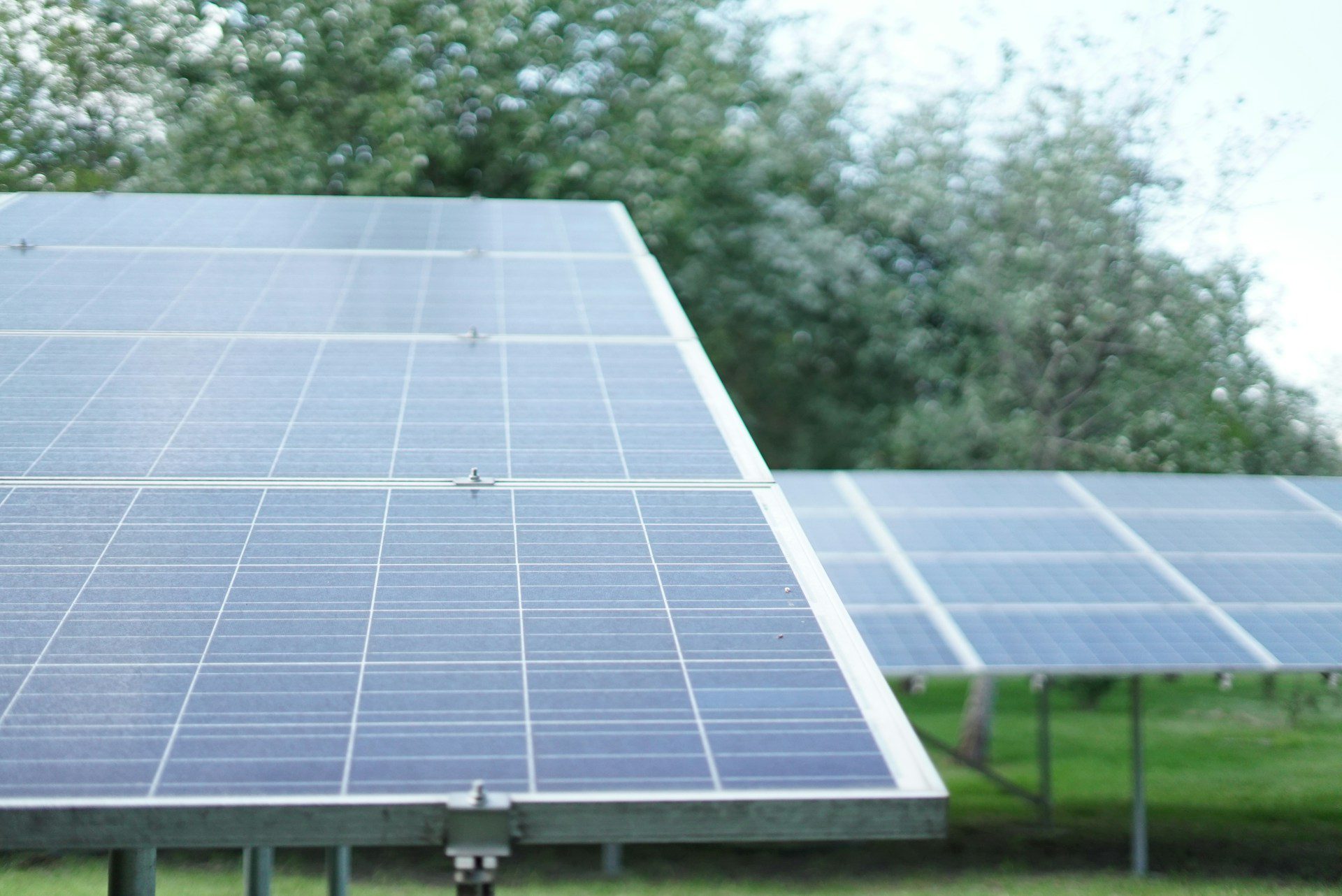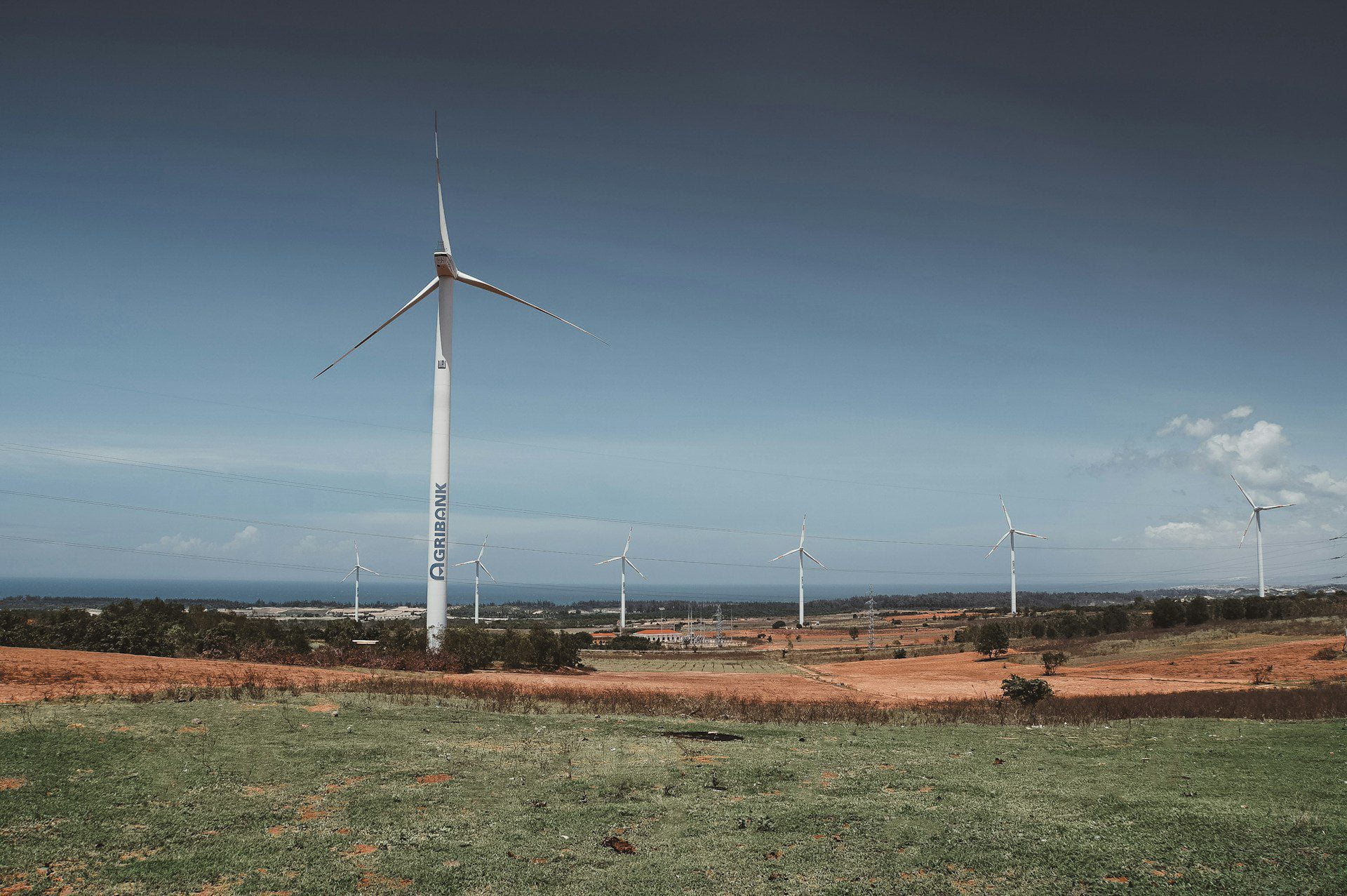Table of Contents
ToggleLet’s look at renewable energy in Vietnam and how the country became the front-runner in Southeast Asia’s green revolution
Vietnam’s rapid economic growth has been coupled with a rising demand for energy, prompting a critical shift towards sustainable resources. With the world’s collective eye on green solutions to reduce our carbon footprint and mitigate the effects of climate change, we’re turning the spotlight on Vietnam’s burgeoning renewable energy sector.
Current State of Renewable Energy in Vietnam
The landscape for renewable energy in Vietnam is marked by dynamic growth and forward-thinking policies. Currently, solar and wind energy lead the charge, harnessing the country’s abundant natural resources. With soaring investment and installation rates of renewable technologies, Vietnam’s market is witnessing momentous growth. The government is also setting ambitious targets, aiming for renewables to account for a significant portion of national power production by 2030.
Types of Renewable Energy Sources in Vietnam
Renewable energy in Vietnam takes on many forms.
Solar Power
Growth and Potential
The sun’s abundant rays grace Vietnam’s terrain, making solar energy an especially enticing option. Recent years have seen a surge in solar power projects with substantial government backing. The generous feed-in tariffs introduced by the government propelled Vietnam to lead Southeast Asia’s solar photovoltaic market.

Government Initiatives and Investments
Vietnam’s government has incentivized solar power through various tax benefits, import duty exemptions, and land-use incentives. Domestic and foreign investments have subsequently soared, reflecting these supportive policies and Vietnam’s commitment to the Paris Agreement.
Hydropower
Historical Significance
Hydropower is an ancient companion to Vietnamese civilization. It is currently the largest source of renewable energy in the country, boasting a prodigious 17.4 GW of installed capacity.
Challenges and Future Prospects
Though pivotal, hydropower’s future is clouded by ecological concerns and the adverse effects of climate change on water levels. The nation is therefore recalibrating its focus towards minimizing environmental impacts and ensuring the sustainability of water resources.
Wind Power
Emerging Industry
Wind power in Vietnam is picking up speed, with its coastline offering 3,000 kilometers of potential. The southern province of Bac Lieu became home to the first-ever offshore wind farm in Vietnam, symbolizing the country’s burgeoning interest in wind energy.
Advantages and Limitations
Vietnam’s wind potential stands as an untapped treasure trove with only a small portion currently utilized. While the government’s supportive policies promote wind energy, the challenges of high investment costs and technical expertise persist.
Biomass Energy
Utilizing Organic Waste
With a prosperous agricultural sector, Vietnam is well-positioned to convert organic waste into energy. Biomass energy is gaining recognition for its double-edged advantage: managing waste and generating power.

Energy Generation and Environmental Benefits
Facilities across Vietnam are transforming residues from crops, such as rice husks and bagasse, into valuable energy sources. Besides providing electricity, biomass contributes to rural development and greenhouse gas reduction, aligning with global environmental goals.
Government Policies Supporting Renewable Energy in Vietnam
Vietnam’s government is catalyzing this green transition with lucrative incentives. Subsidies and feed-in tariffs are progressively attracting both domestic and international investors. By instilling robust regulatory frameworks, the government provides stability and predictability within the market.
Investment Opportunities: Renewable Energy in Vietnam
The possible rewards for investors loom large. As Vietnam aims to ramp up its renewable energy capabilities, foreign investment is not only welcome but essential. From small-scale solutions to vast solar arrays and wind farms, the sector promises appealing return on investment, driven by the country’s substantial resource potential and governmental support.
Challenges and Solutions
No market is without its hurdles. Vietnam grapples with infrastructure bottlenecks and grid integration complexities, which could stymie the growth of renewables. Financing remains a challenge, though it opens doors to innovative funding and partnerships.
Another issue is a lack of technical professionals with experience in the renewables sector. As the industry is so new, there’s a shortage of professionals with the desired skill sets for the sector. As such, many companies opt for hiring international talent, which presents its own challenges like immigration.
Conclusion
Vietnam stands at a crossroads where opportunity meets challenge. As the renewable energy sector burgeons, it invites visionaries and pragmatists alike to partake in an exciting period of transformation.
Are you looking to expand your business or invest in renewable energy in Vietnam? With Eos’ 14 years of experience serving the energy sector, you’ll be in safe hands. Check out our PEO and EOR services here or contact us directly.







